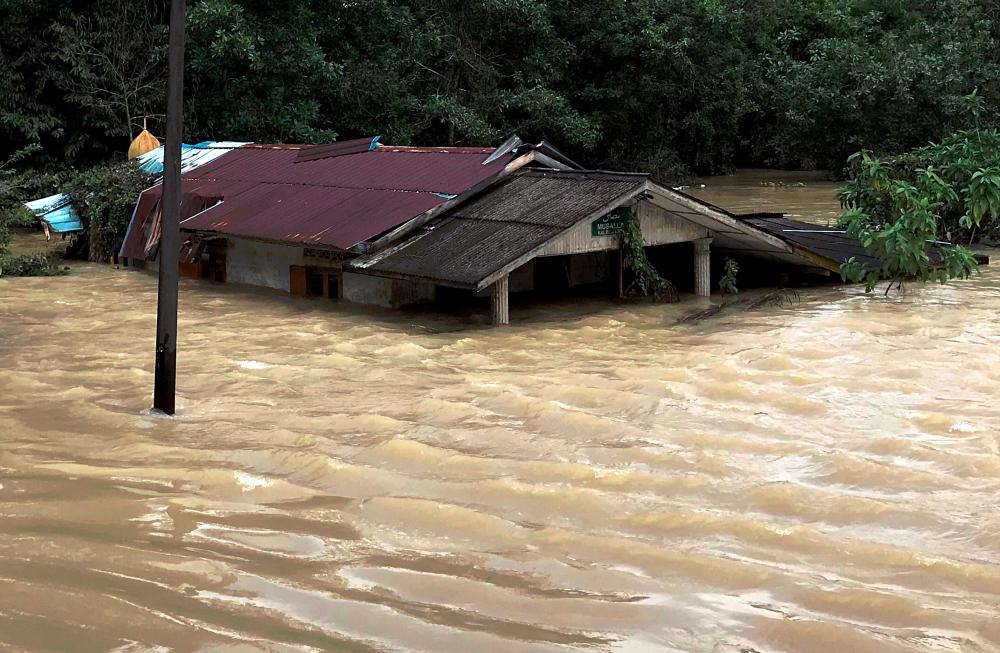PETALING JAYA: With the effects of global warming becoming more serious, Malaysians, just like everyone else, must take drastic steps to slow down the rate of environmental destruction.
Kapas Conservation Society activist Kayan Ratnam said there is a need to come up with strategies on how to manage a world with increasing environmental and social challenges.
“All man-made pollution is bad but those that are toxic are worse as they can destroy a lot of life in a short period,” he told theSun.
As someone who has been conducting coastal clean-ups for years, Kayan said rubbish such as plastic bottles, styrofoam, fishing nets and floats, toothbrushes, lighters and footwear make up the bulk of garbage found on Malaysian beaches.
“What is also glaring is that the number of plastic bottles found has shot up sharply over the last 15 years. Think of how many plastic bottles, bags, cups and straws you use in a day and multiply that by the size of the population, and you can have an idea of how bad things are,” he said.
“I asked myself some time back what I could do to reduce global warming, and the answer is part of what drives me to do what I do. I remind myself of the need to reduce, reuse and recycle.”
Kayan added that the main culprit of global warming is what we generally refer to as greenhouse gases.
“These come from a variety of sources, ranging from methane expelled by livestock to the toxic mix of fumes produced by various industries.
“Being a country that is blessed with lush jungles that act as a kind of sponge, soaking up pollutants, we need to raise our game on how to preserve and protect this precious resource.”
Kayan said awareness programmes are the first step, and once people are aware of the problem, we can begin to find solutions that work for us.
He added that businesses must also be aware and conscious of the impact they have on the environment.
Environmental NGO EcoKnights vice-president Amlir Ayat said the air quality in Malaysia, especially in the Klang Valley, is above dangerous levels due to global warming. Among priority actions the public can take are using water, electricity and fossil-fuel vehicles only when needed.
“Phase out open burning, avoid buying products that are produced by air-polluting companies as much as possible, and use LED lights.”
Amlir suggested businesses embrace vital environment-friendly options, including installation of water-and energy-saving devices, promotion of water and energy-saving practices among its staff, both indoors and outdoors, have cooperation only with the “greenest” partners, waste minimisation through the adoption of a closed-loop resource management system (the basis for circular economy) and execution of water and energy audits to monitor, evaluate and determine the next best actions.














